How Political Events Affect Forex Markets
Political events are an integral part of the global landscape, influencing economies, markets, and currencies in profound ways. Whether it’s a sudden change in leadership, a new government policy, or escalating geopolitical tensions, these events can create ripples that affect the Forex market. Understanding how political events impact Forex markets is crucial for traders, investors, and policymakers alike.
Have you ever wondered why a presidential election in one country can cause the value of a currency halfway across the world to plummet? Or why an unexpected policy announcement can lead to a surge in market volatility? These are the kinds of questions we’ll explore in this document, providing insights and real-world examples to illustrate the complex interplay between politics and the Forex market.
Contents
Political Leadership Changes
Historical Examples
Political leadership changes are among the most significant events that can impact the Forex market. When a new leader comes into power, it often brings uncertainty and speculation about future policies and economic direction.
Consider the election of Donald Trump in 2016. His unexpected victory led to a surge in market volatility. Investors were unsure about his policies, particularly his stance on trade and immigration. The U.S. dollar experienced significant fluctuations as the market reacted to his election and subsequent policy announcements.
Similarly, the resignation of British Prime Minister David Cameron following the Brexit referendum in 2016 had a profound impact on the Forex market. The uncertainty surrounding the UK’s future relationship with the European Union led to a sharp decline in the value of the British pound.
Market Reactions
When a new leader is elected, markets often react swiftly. This reaction is driven by uncertainty and speculation about the leader’s policies and their potential impact on the economy. In the short term, this can lead to increased volatility as traders and investors adjust their positions in response to the new political landscape.
For example, during the 2016 U.S. presidential election, the value of the Mexican peso fluctuated wildly in response to news about the candidates’ standings in the polls. The peso weakened significantly whenever Trump’s chances of winning improved, reflecting market fears about his proposed policies on trade with Mexico.
Over the longer term, the market’s reaction to a new leader can depend on the leader’s ability to implement their policies and the broader economic context. If a new leader is seen as capable and their policies are viewed positively by the market, the country’s currency may strengthen. Conversely, if there are doubts about the leader’s ability to govern or their policies are viewed negatively, the currency may weaken.
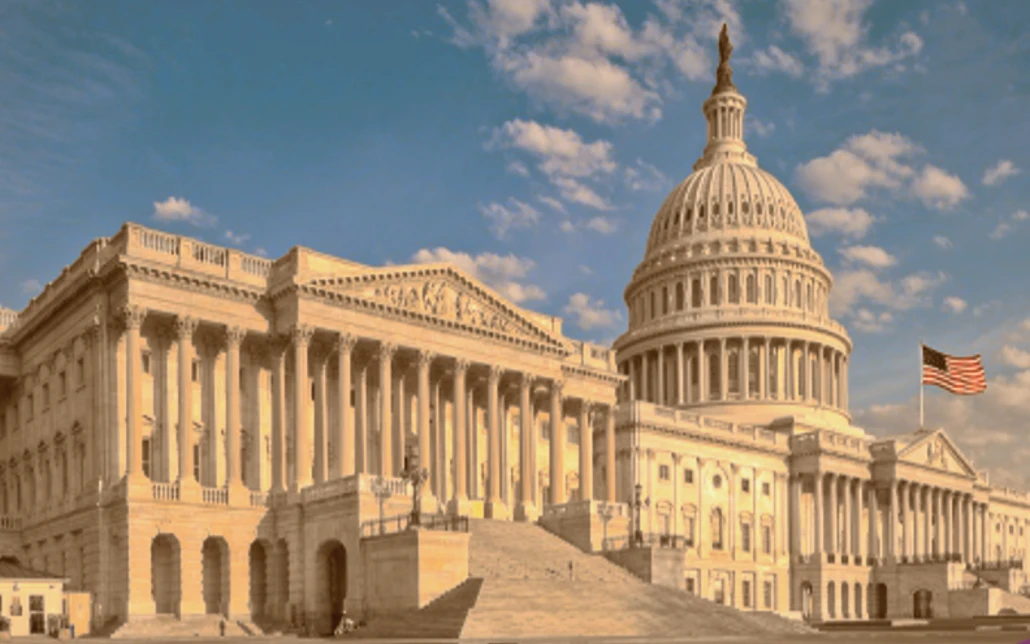
Government Policies
Monetary Policies
Government policies, particularly those related to monetary policy, play a crucial role in shaping the Forex market. Central banks, which are typically responsible for implementing monetary policy, have significant influence over a country’s currency value through their control of interest rates and money supply.
When a central bank raises interest rates, it often leads to an appreciation of the country’s currency. Higher interest rates attract foreign investors seeking better returns on their investments, increasing demand for the currency. Conversely, when a central bank cuts interest rates, the currency may depreciate as investors seek higher returns elsewhere.
Consider the actions of the European Central Bank (ECB) in the aftermath of the global financial crisis. To stimulate the economy, the ECB implemented a series of interest rate cuts and quantitative easing measures. These actions led to a depreciation of the euro as the increased money supply and lower interest rates made the currency less attractive to investors.
Fiscal Policies
Fiscal policies, including government spending and taxation, also have a significant impact on the Forex market. When a government increases spending or cuts taxes, it can stimulate economic growth, potentially leading to an appreciation of the country’s currency. However, if these measures lead to increased budget deficits and higher debt levels, they can also result in currency depreciation.
For example, Japan’s fiscal policy in the 1990s, known as the “Lost Decade,” saw the government implement massive public spending to stimulate the economy. While these measures provided some economic relief, they also led to significant increases in public debt. As a result, the Japanese yen experienced periods of both appreciation and depreciation as markets reacted to the changing fiscal landscape.
Economic Measures
Governments often implement various economic measures to influence their economies and, by extension, their currencies. These measures can include trade policies, regulatory changes, and economic reforms.
Trade policies, such as tariffs and trade agreements, can have a direct impact on currency values. For instance, the imposition of tariffs can lead to higher import costs, affecting inflation and potentially leading to currency depreciation. On the other hand, trade agreements that open up new markets for a country’s exports can boost economic growth and strengthen the currency.
In 2018, the U.S. administration’s decision to impose tariffs on Chinese imports led to significant volatility in the Forex market. The Chinese yuan depreciated against the U.S. dollar as the market anticipated the negative impact of the tariffs on China’s economy. Similarly, the renegotiation of the North American Free Trade Agreement (NAFTA) led to fluctuations in the value of the Mexican peso and Canadian dollar as traders assessed the potential impact of the new agreement on their economies.
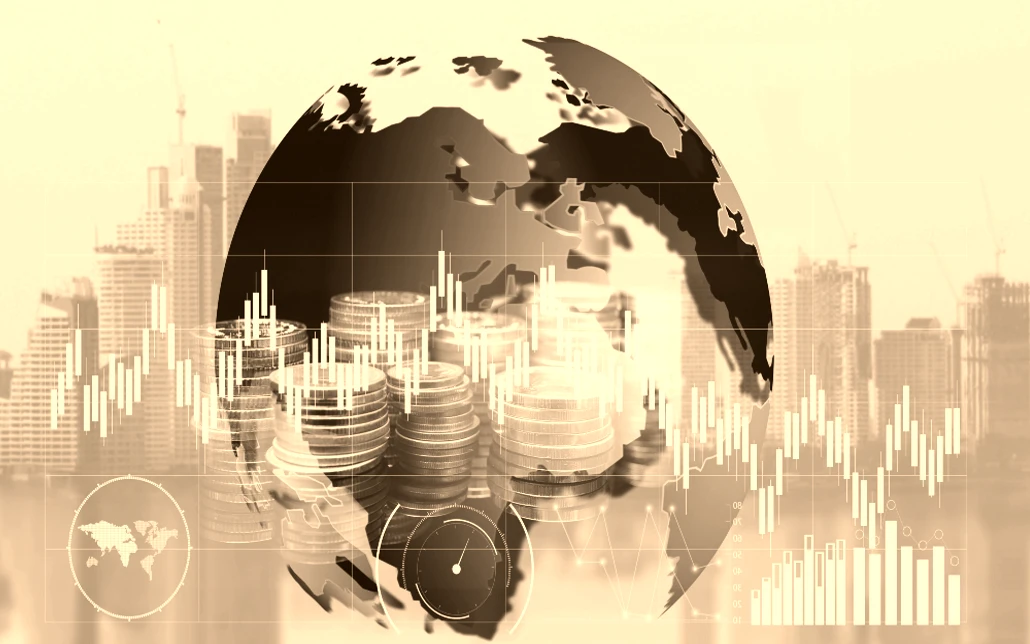
Geopolitical Tensions
Trade Wars
Geopolitical tensions, such as trade wars, can have a profound impact on the Forex market. Trade wars create uncertainty and can lead to disruptions in global trade, affecting the economic outlook for the countries involved and their currencies.
The trade war between the U.S. and China, which began in 2018, serves as a prime example. The imposition of tariffs by both countries led to increased volatility in the Forex market. The Chinese yuan depreciated against the U.S. dollar as traders anticipated the negative impact of the tariffs on China’s economy. Conversely, the U.S. dollar experienced periods of both appreciation and depreciation as the market reacted to the evolving trade situation.
Military Conflicts
Military conflicts and geopolitical tensions can also lead to significant fluctuations in currency values. When tensions escalate, investors often seek safe-haven currencies, such as the U.S. dollar, Swiss franc, and Japanese yen, leading to an appreciation of these currencies.
During the Gulf War in 1990-1991, the value of the U.S. dollar strengthened as investors sought the relative safety of U.S. assets. Similarly, during periods of heightened tension in the Middle East, the value of the Swiss franc often increases as investors look for a safe haven from geopolitical risks.
Natural Disasters and Terrorist Attacks
Natural disasters and terrorist attacks can also lead to volatility in the Forex market. These events create uncertainty and can disrupt economic activity, affecting the value of a country’s currency.
The 2011 earthquake and tsunami in Japan, which led to the Fukushima nuclear disaster, had a significant impact on the Japanese yen. In the immediate aftermath, the yen appreciated as investors anticipated increased demand for the currency to fund reconstruction efforts. However, the long-term impact was mixed as the disaster affected Japan’s economic outlook and led to periods of both appreciation and depreciation of the yen.
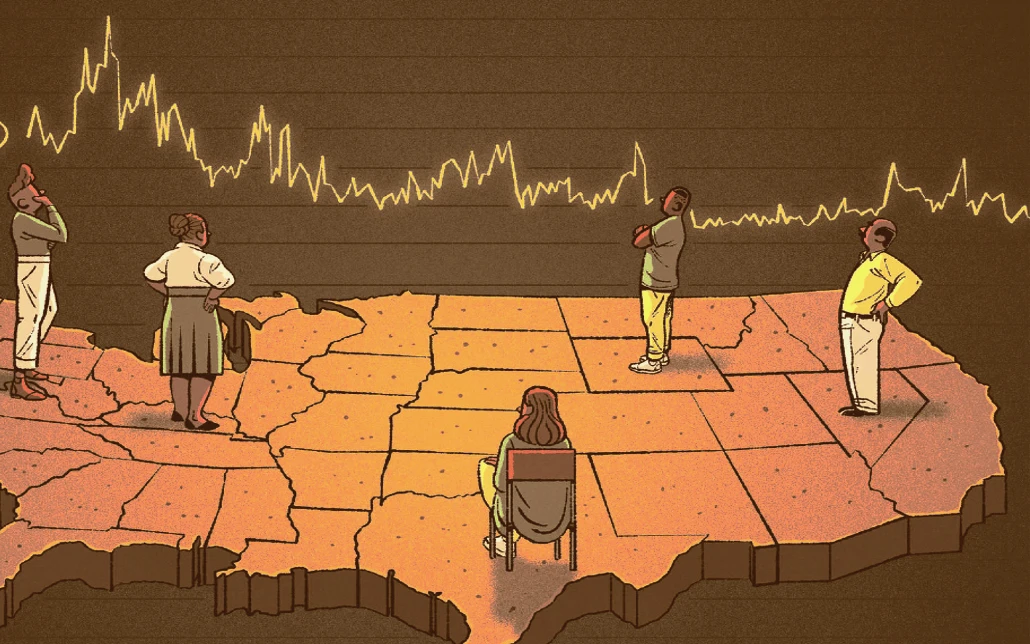
Political Uncertainty
Elections and Referendums
Elections and referendums are key political events that can lead to significant uncertainty and volatility in the Forex market. The outcome of these events can lead to changes in government policies, affecting economic outlook and currency values.
The Brexit referendum in 2016 is a prime example. The unexpected decision by the UK to leave the European Union led to a sharp decline in the value of the British pound. The uncertainty surrounding the UK’s future relationship with the EU created significant volatility in the Forex market, with the pound experiencing periods of both appreciation and depreciation as negotiations progressed.
Political Scandals
Political scandals can also lead to uncertainty and volatility in the Forex market. Scandals can undermine investor confidence and affect the economic outlook, leading to fluctuations in currency values.
For example, the Watergate scandal in the 1970s, which led to the resignation of U.S. President Richard Nixon, had a significant impact on the U.S. dollar. The uncertainty and loss of confidence in the U.S. government led to periods of depreciation of the dollar as investors sought safer assets.
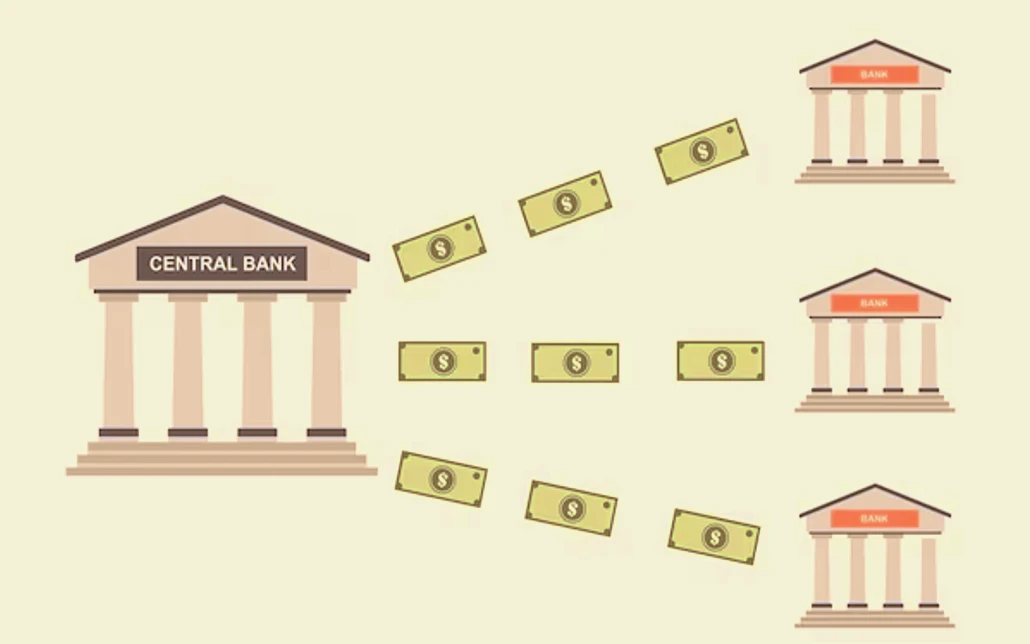
Central Bank Policies
Independence and Credibility
Central banks play a crucial role in managing a country’s currency and monetary policy. Political events that affect the independence or credibility of a central bank can influence investor sentiment and, consequently, exchange rates.
When a government is perceived to be interfering with the central bank’s decision-making process, it can raise concerns about inflation and economic stability. For instance, in Turkey, political interference with the central bank’s policies has led to periods of significant depreciation of the Turkish lira as investors lose confidence in the country’s economic management.
Policy Announcements
Central bank policy announcements, such as changes in interest rates or quantitative easing measures, can have a direct impact on currency values. Traders and investors closely monitor these announcements to anticipate potential changes in the economic outlook and adjust their positions accordingly.
For example, the European Central Bank’s announcement of quantitative easing measures in 2015 led to a depreciation of the euro as the increased money supply made the currency less attractive to investors. Similarly, the U.S. Federal Reserve’s decision to raise interest rates in the mid-2010s led to an appreciation of the U.S. dollar as higher interest rates attracted foreign investment.
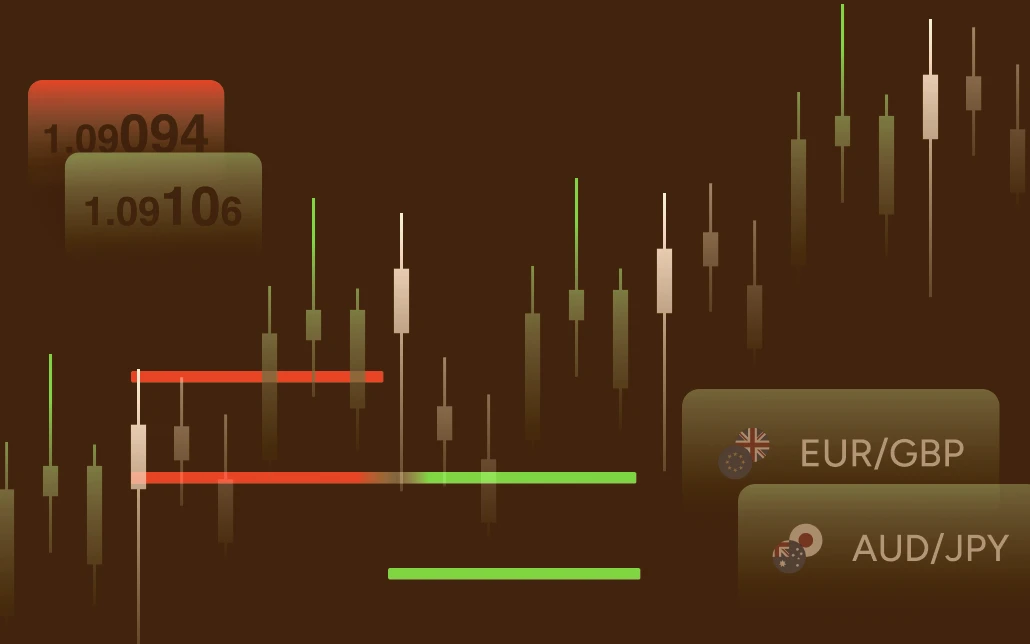
Strategies for Forex Traders
Staying Informed
One of the most important strategies for navigating the impact of political events on the Forex market is staying informed. Traders should keep an eye on news outlets, social media, and other sources for updates on political events that could impact the market. This includes major events such as elections, policy announcements, and geopolitical tensions.
By staying informed, traders can anticipate potential market movements and make informed decisions about their trades. For example, during the Brexit negotiations, traders who closely followed the news were able to adjust their positions in response to developments, mitigating potential losses and capitalizing on opportunities.
Diversifying Portfolios
Diversifying portfolios is another key strategy for managing the risks associated with political events. By investing in multiple currency pairs and not relying solely on one currency, traders can spread their risk across different currencies and minimize the impact of political events on their trades.
For instance, a trader who diversifies their portfolio by investing in both the U.S. dollar and the Japanese yen can mitigate the risk of political events affecting one currency while potentially benefiting from safe-haven flows into the other during periods of geopolitical tension.
Using Stop-Loss Orders
Stop-loss orders are an essential tool for managing risk in the Forex market. These orders allow traders to set a specific price at which their trade will automatically close if the market moves against them, limiting potential losses.
For example, during the 2016 U.S. presidential election, many traders used stop-loss orders to protect themselves from the increased volatility and uncertainty surrounding the election outcome. By setting stop-loss orders at strategic levels, they were able to limit their losses if the market moved against them while still maintaining the potential for profit.
Considering Long-Term Strategies
While political events can have a significant impact on the short-term market, it is important to remember that they do not always have a lasting effect. Long-term strategies that focus on underlying economic fundamentals can help traders weather the storm of political events.
For instance, investing in stable currencies with strong economic fundamentals, such as the Swiss franc or the Singapore dollar, can provide a hedge against political uncertainty. By focusing on the long-term economic outlook rather than short-term political events, traders can reduce their exposure to market volatility and make more informed trading decisions.
FAQs
Political events influence Forex markets by creating uncertainty and affecting investor sentiment, which in turn impacts currency values and market volatility. Events such as elections, policy changes, geopolitical tensions, and natural disasters can lead to significant fluctuations in currency exchange rates.
Major political events that impact Forex markets include elections, changes in government policies, geopolitical conflicts, trade wars, and central bank announcements. Events that lead to political instability or significant economic policy shifts tend to have the most pronounced effects.
Brexit caused significant volatility in the Forex market. The 2016 referendum led to a sharp decline in the British pound as investors reacted to the uncertainty of the UK’s future relationship with the EU. Subsequent negotiations and developments have continued to influence the pound’s value.
While natural disasters are not political events per se, their aftermath often involves political responses that can impact Forex markets. Government actions, such as emergency spending, reconstruction efforts, and international aid, can influence investor confidence and currency values.
Central bank policies can be influenced by political events, especially when there is perceived interference in central bank independence. Policy announcements regarding interest rates, quantitative easing, and other measures can significantly impact currency values and are often closely tied to political developments.
Geopolitical tensions, such as conflicts or diplomatic disputes, often lead to increased demand for safe-haven currencies like the U.S. dollar, Swiss franc, and Japanese yen. This flight to safety can cause these currencies to appreciate while those directly involved in the tensions may depreciate.
Elections can lead to significant Forex market volatility due to the uncertainty surrounding potential changes in economic policies. Investors closely watch election outcomes and the platforms of leading candidates to gauge potential impacts on the economy and currency values.
Trade wars, such as the one between the U.S. and China, create uncertainty and can disrupt global trade flows. This often leads to volatility in the Forex market as investors react to tariffs, trade barriers, and retaliatory measures, affecting the currencies of the countries involved.
Understanding the impact of political events is crucial for Forex traders because these events can lead to significant market movements and affect trading strategies. Being aware of and prepared for potential volatility can help traders make informed decisions, manage risks, and capitalize on opportunities.
Conclusion
Political events play a crucial role in shaping the Forex market, influencing currency values and market volatility in profound ways. Understanding the relationship between political developments and the Forex market is essential for traders, investors, and policymakers. By staying informed, diversifying portfolios, using stop-loss orders, and considering long-term strategies, traders can navigate the complexities of the Forex market and make informed decisions.
As we have seen through various historical examples and real-world scenarios, the impact of political events on the Forex market is multifaceted and often unpredictable. However, by closely monitoring political developments and analyzing their potential impact, traders can mitigate risks and capitalize on opportunities in this dynamic market. The interplay between politics and the Forex market will continue to evolve, making it essential for market participants to stay informed and adapt to the ever-changing landscape of international politics.





Leave a Reply
Want to join the discussion?Feel free to contribute!